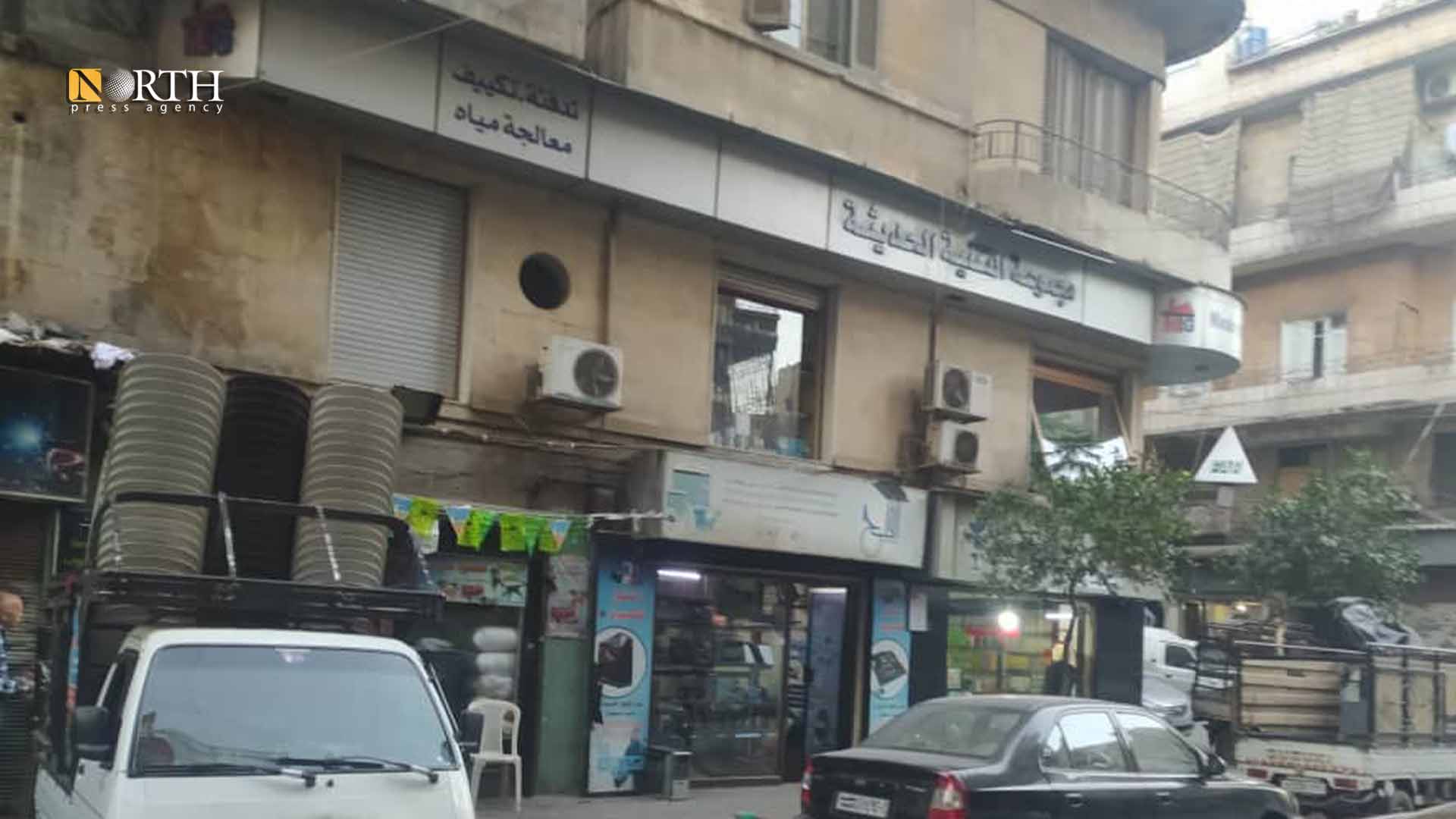ALEPPO, Syria (North Press) – Rami Tefakanji, 21, is a student at the Faculty of Architecture in the University of Aleppo, northern Syria.
Tefakanji could not buy a laptop as he was not able to meet the expenses. He is concerned his marks are sabotaged notably that the curricula depends mostly on high quality computers.
University students are unable to do school projects that need the use of laptops because they cannot purchase them due to the deteriorating economic conditions they live in.
The livelihood situation for Syrian families has worsened and more than 90% of Syrians live below the world poverty line level, according to UN statistics.
Students in the Faculty of Architecture and Civil Engineering among others need high quality laptops to do their projects through special programs such as AutoCad software, Adobe Photoshop and 3rds Max. Such programs need 7th Generation processors and graphic cards with good performance.
Inflation
The laptops can be purchased for one million SYP (about $300) to 7 million SYP (about $2,000), depending on their build quality, processing power and graphic cards.
Muhammad al-Aqqad, a 36-year old computer store keeper, attributes the increase of prices of laptops to the hikes of customs fees and the difference in exchange rates of the Syrian pound and the USD.
The customs fees range between 20% and 50% for one single new laptop.
As a result of the recent hikes in prices, the majority of students buy second-hand computers which cost less than the new ones.
For example, Intel Core i3 Dell laptop costs one million and 600, 000 SYP (about $550) while the used one costs one million and 300,000 SYP (about $400)
Laptops are imported from China through special businesses based in Damascus and Aleppo like Imatel, Sebahi and al-Muhit, according to al-Aqqad.
Monopoly
The business of new electronic gadgets in Syria was not affected by the Caesar Act as much as it was affected by monopoly of prices.
The value of the imported electronic gadgets has come up to 259 million USD in 2019, according to the International Trade Center ITC data.
In June 2020, the Caesar Act, which sanctions the Syrian government and the states conducting business with it, came into force.
Reem Alawi, a 20-year old college student, said she sold her gold necklace to be able to get a laptop but unfortunately the price she got from the necklace was not enough to buy her a new laptop. He parents could not also meet the expenses of the laptop she needs because of their low salaries.
“I sold my necklace for 800,000 SYP (around $250) but I still need one million and 700,000 SYP (approximately $600). Currently, I have changed my mind, I no longer want to buy a laptop,” Alawi said.
Alawi’s father is a civil state employee and receives a salary of 100,000 SYP (around $35) while her mother is a teacher and gets only 80,000 SYP as a salary (about $30) per month.
Alawi wants to get ‘ass Cor.i5’ laptop which is worth two millions and a half SYP (about $850); she needs to save her parents salaries for one whole year to be managed to buy it.

